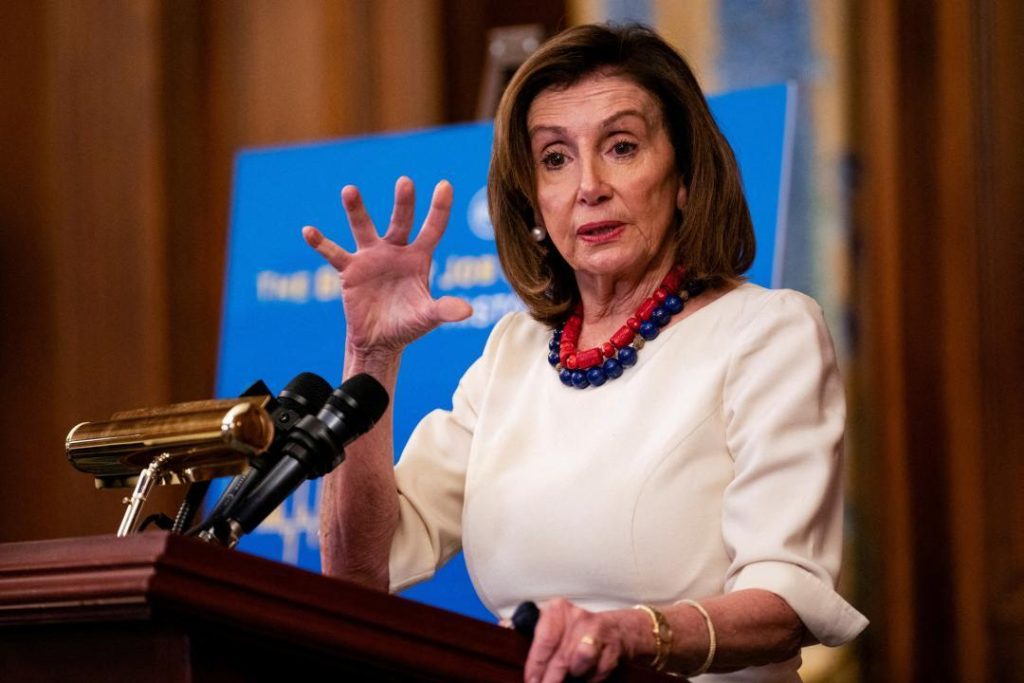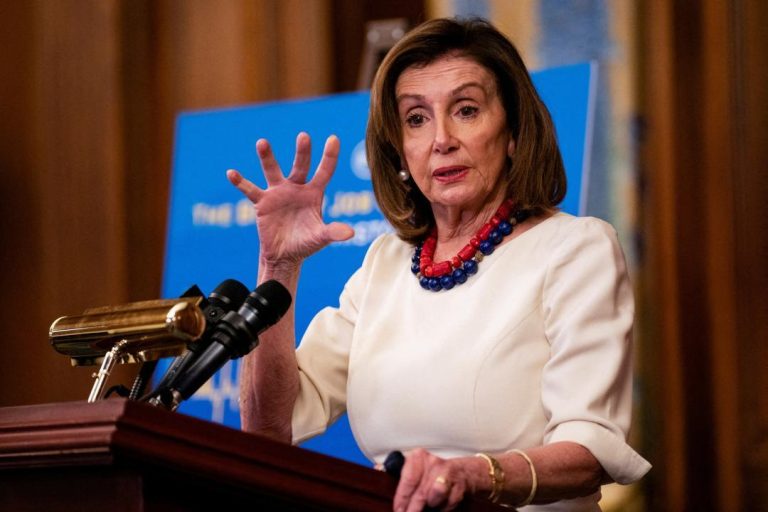
Title: What is PELOSI Act & why is it named after former US Speaker Nancy Pelosi?
The Preventing Elected Leaders from Owning Securities and Investments (PELOSI) Act, reintroduced by US Senator Josh Hawley, aims to prohibit lawmakers and their spouses from holding or dealing in stocks while holding office. The proposed law seeks to eliminate the potential conflicts of interest that arise when elected officials invest in the stock market. In this blog post, we will delve into the details of the PELOSI Act, its implications, and why it is named after former US Speaker Nancy Pelosi.
Background
The PELOSI Act has been reintroduced by Senator Josh Hawley, a Republican from Missouri, to address the issue of lawmakers’ stock market investments. The act aims to promote transparency and prevent conflicts of interest by prohibiting lawmakers and their spouses from owning or trading individual stocks, bonds, and other securities. Instead, lawmakers would be allowed to invest in mutual funds (MFs), exchange-traded funds (ETFs), and Treasury bonds.
The PELOSI Act is not a new concept. It was first introduced in 2019, but it did not gain traction. However, with the growing concern about lawmakers’ stock market investments, Senator Hawley has reintroduced the bill, hoping to gain more support this time around.
Why is it named after Nancy Pelosi?
The PELOSI Act is named after former US Speaker Nancy Pelosi, who enjoyed major stock market gains during her term as Speaker. Pelosi, a Democrat from California, has been a prominent figure in US politics for decades, serving as the Speaker of the House of Representatives from 2007 to 2011 and again from 2019 to 2023. During her tenure, she and her husband, Paul Pelosi, made significant investments in the stock market, which generated substantial profits.
In 2019, it was reported that the Pelosis had made over $30 million in profits from their stock investments, with some of the gains attributed to their investments in companies whose fortunes rose during the COVID-19 pandemic. The report sparked controversy, with many accusing the Pelosis of benefiting from their positions of power.
The PELOSI Act is aimed at preventing similar situations in the future, where lawmakers and their spouses can use their influence to generate profits from their stock market investments. By prohibiting individual stock ownership and trading, the act seeks to reduce the potential for conflicts of interest and promote a more transparent and accountable government.
Implications of the PELOSI Act
The PELOSI Act has several implications for lawmakers and the country as a whole. If passed, the act would:
- Prohibit lawmakers and their spouses from owning or trading individual stocks, bonds, and other securities.
- Allow lawmakers to invest in MFs, ETFs, and Treasury bonds, which are considered less risky and less likely to generate conflicts of interest.
- Require lawmakers to disclose their investments in MFs, ETFs, and Treasury bonds, ensuring transparency and accountability.
- Give the Office of the Comptroller General the authority to monitor and enforce compliance with the act.
The PELOSI Act is not without its critics. Some argue that the act is an overreach of government power, imposing unnecessary restrictions on lawmakers’ personal financial decisions. Others argue that the act does not go far enough, as it still allows lawmakers to invest in MFs, ETFs, and Treasury bonds, which can still generate conflicts of interest.
Conclusion
The PELOSI Act is a controversial proposal that seeks to address the issue of lawmakers’ stock market investments. By prohibiting individual stock ownership and trading, the act aims to promote transparency and accountability in government. The act is named after Nancy Pelosi, who enjoyed significant stock market gains during her term as Speaker, and is aimed at preventing similar situations in the future. While the act has its critics, it is essential to consider the potential benefits of increased transparency and accountability in government.



